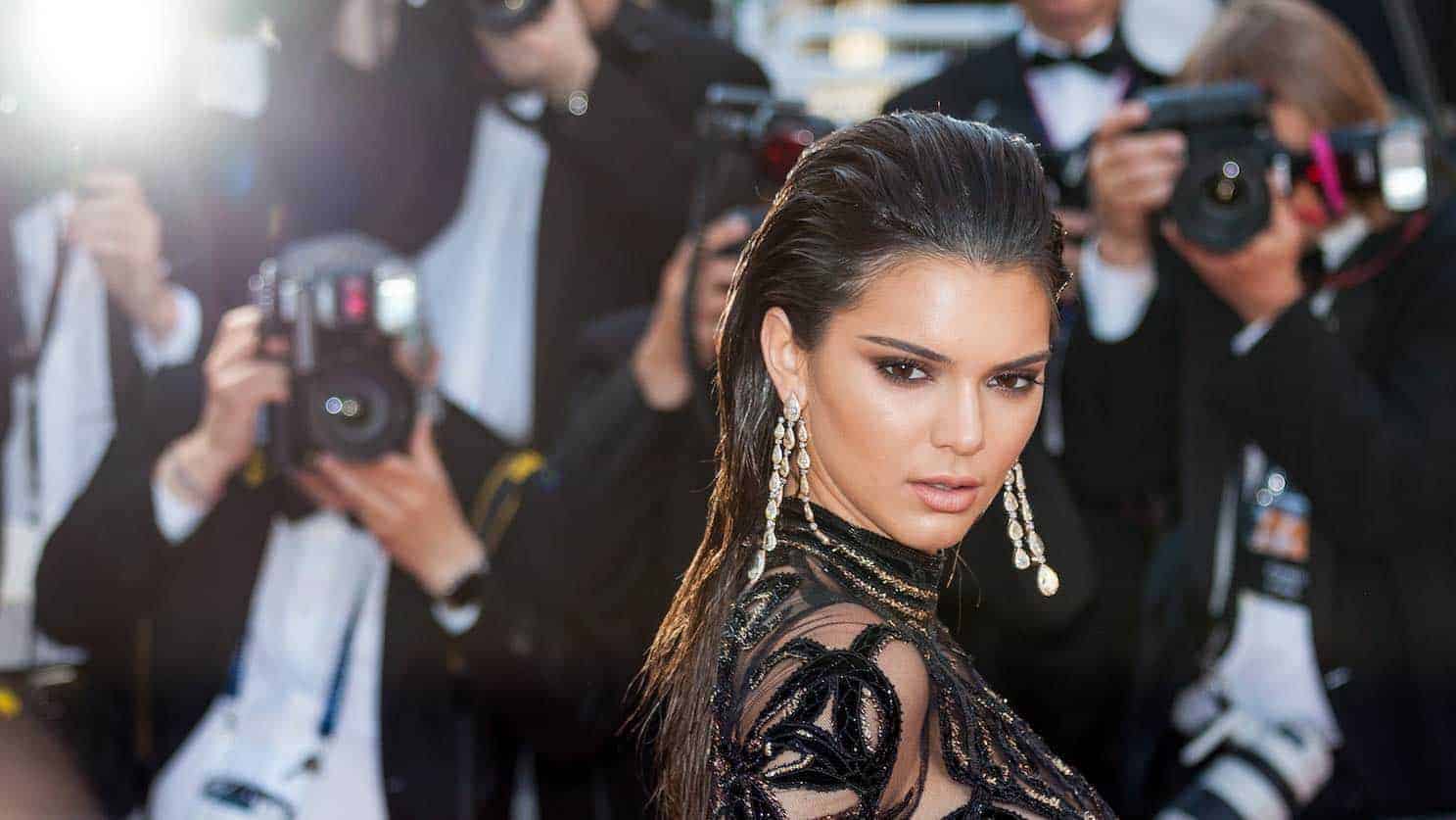The 2018 Philips Global Beauty Index, a comprehensive annual study on women’s perceptions of beauty, found “72% of female participants agree that beauty is something they define for themselves.”
Yet, every day, millions of people across the globe undergo a dizzying number of surgical procedures and cosmetic treatments. Their goal: to emulate the A-listers they adulate.
Costhetics, Australia’s leading resource for cosmetic enhancement news and information, wanted to know: is beauty really self-defined, or have we all fallen under the influence of intoxicating celebrity beauty?
Who Sets the Standards?
Beauty magazines – think Vogue, Marie Claire, and Glamour – have a global circulation. The faces that adorn the covers of these and others are frequently in the media and look surprising similar. The major difference appears to be hair colour as in blondes…
- Taylor Swift
- Kate Upton
- Demi Lovato
- Dakota Fanning
- Cameron Diaz
…versus brunettes:
- Selena Gomez
- Olivia Wilde
- Ashley Green
- Katy Perry
- Meghan Fox
Exposed to a blitzkrieg of beauty everywhere we turn – movies, TV, magazines, video games – it’s hard not be become addicted to these beauty standards. In fact, ask people to describe a beautiful face and they are likely to list the characteristics common to the women above:
- High eyebrows
- Large eyes
- High cheekbones
- A small nose
- A narrow face
Western ideals are changing the national beauty standards in places like Brazil, Saudi Arabia, Korea, and Japan. In these countries, the appearance norm is quite different from that of Caucasian women, and some fear that a national identity is being lost.
More than a decade ago, a New York Times article On the Covers of Many Magazines, A Full Racial Palette is Still Rare reporter wrote, “There are signs that the freeze-out may be beginning to thaw, as the continuing explosion of hip-hop has pushed many black artists into prominence, and as teenagers’ magazines that are less anxious about race are bringing more diversity.” Last year, teenVogue’s article Black Women Are Dominating the Covers of 2018 gives solid evidence that the times they are a’ changing at Vogue, Marie Claire, Elle, and others.
Beautiful evidence can be seen in covers featuring:
- Beyonce
- Rihanna
- Tracee Ellis Ross
- Issa Rae
- Tiffany Haddish
- Zendaya
- Slick Woods
- Princess Nokia
Financial Fact: Set Beauty Standards…Sells Beauty Products
A-Listers don’t just get paid for looking beautiful, remember. They are paid handsomely for endorsing products. The real golden egg, however, is the celebrity beauty line, cosmetic and/or skincare products allegedly developed by their big-name owners. Take the case of newly released Kylie Skin Care…
“Each pale-pink bottle and tube in the Kylie Skin lineup, from cleanser to moisturizer to eye cream to controversial walnut face scrub, sold out within hours after yesterday’s launch,” reported Refinery29 in their May 2019 review of Kylie Jenner’s skin care collection. That’s great for Kylie, but not so good for her followers according to professionals and consumers, alike:
- “Licensed Esthetician here. Walnut (face scrub) will cause micro tears in your skin, using it everyday will result in couperose skin (broken capillaries)” @TheBeautyByBri1
- “Walnut is so bad for your skin long term and that is well known. This does not give me hope for the rest of the products because it means they didn’t do the bare minimum research.” @hope_sunlight
Jenner’s product popularity is driven by the desire to look like Kylie. It has nothing to do with the quality of the product. That’s not right, especially when professionals in the beauty industry work tirelessly to create safer, more reliable skincare products and cosmetics.
Self-Love Is Blossoming in a Garden of Beauty Diversity
In 2012, beauty research by Dove Skincare found
- Beauty-related pressure increases while body confidence decreases as girls and women grow older
- 72% of girls feel tremendous pressure to be beautiful, yet only 11% are comfortable describing themselves that way
The most troubling statistic of all…
- Only 4% of women around the world consider themselves beautiful
Happily, things are changing for the better.
Loving Yourself Is the New Standard
What was also revealed is that women are blind to their own appeal:
- 54% agreed when it came to evaluating their appearance, they are their own worst critics
- 80% agreed every woman has something about her that is beautiful, yet were unable to see the beauty in themselves
Wait. Don’t be blue. We’ve got good news, too. In the 2018 Phillips’ survey, 65% of women surveyed identified themselves as beautiful. It turns out celebrities may be driving that trend, too. Chrissy Teigen famously posted a picture of her stretch marks on Instagram with the caption “Whatevs.”
Other women who love themselves just the way they are:
- “I’m proud of my body and you should be proud of yours” – Lady Gaga
- “Ladies, let’s be proud of what we’ve got and stop wasting precious time in the day wishing we were different, better, and unflawed” – Hilary Duff
- “Any energy I put into looking cute has to be about me…Being praised for my looks is nice, but not nearly as satisfying as being praised for my accomplishments” – Elizabeth Banks
- “We don’t change. We take the gravel and the shell and we make a pearl. And we help other people to change so they can see more kinds of beauty.” – Pink
Costhetics thinks you’re beautiful. You should, too.
